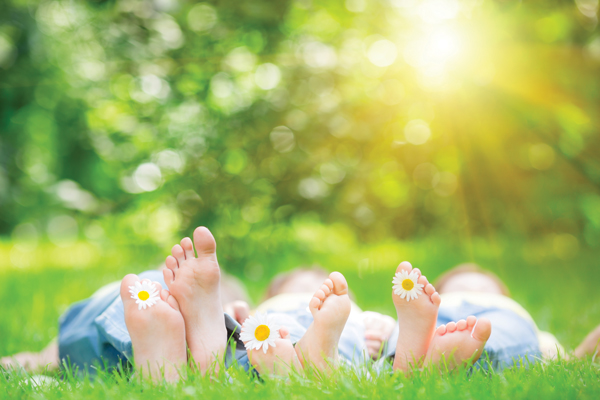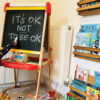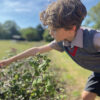by Agnes Munday
Friends Centre
A new baby brings a lot of joy but many couples struggle with adjusting to parenthood. Almost overnight, spontaneity vanishes as the responsibilities of the co-ownership of a demanding small business with one very cranky little customer hits home.
Dozens of studies highlight the drop in happiness and relationship satisfaction following the birth of a child, pointing to a larger decline than found for life events like divorce and unemployment.
Women tend to report more of a post-baby drop in relationship satisfaction than men do, and their satisfaction plummets earlier than men’s. Tiredness, financial strains, never-ending housework, isolation and arguments about child rearing all take a toll and stress levels can sharply increase.
Birth preparation and parenting classes offer little focus on couples’ relationships.
Most of us are unprepared and feel lost as to where to find
help. Despite the gloomy forecast, there is a lot that can be done to strengthen your relationship before or after the arrival of children.
Here are a few examples:
• Regularly list the things you most admire in each other, find way of saying “I love you’” every day and try not to go to sleep without some show of affection.
• Over time, our fondness and admiration for each other can get buried under layers of negativity, hurt feelings, and betrayal. By reviving the positive feelings that still lie deep below, you can strengthen your bond enormously and create a shield that can protect your relationship from being overwhelmed by any negativity that exists between you.
Try to make a stress-reducing conversation part of your daily ritual as a couple.
Take it in turns to discuss for ten minutes each a recent or upcoming stress in each of your lives, such as an upcoming job deadline. While one talks, the other listens with the intent to understand and offer support (not advice) – show genuine interest, maintain eye contact, ask open ended questions, and communicate understanding and solidarity. Swap after ten minutes.
When you are criticised (or feel critisised) by your partner, instead of immediately defending yourself, take a step back and say: What do you need? Aim to help your partner feel validated and understood.
Use non violent communication skills.
When I see/I hear you say that ________, I feel ________, because my need for ________ is/is not met. Would you be willing to ________?
Discuss with your partner:
What makes you feel appreciated?
What do you like best and least in your relationship?
How would it look if things were better as a couple?
What would you, or I be
doing differently?
• An argument about who does the dishes or puts the baby to bed is rarely just about that. It is more likely to be about how much one partner is feeling valued and cared for in the relationship, accepted for who they are, or about ongoing commitment to each other.
• Pay a different kind of attention to your experiences: without judging them as good or bad: Focus on sights, sounds, and smells, as well as to internal bodily sensations, thoughts and feelings.
• Pay attention and respond positively to the majority of your partner’s bids for your attention, affirmation or affection. Couples who do
this are much more likely to
stay together.
• Don’t leave home without a kiss that lasts at least six seconds, the time needed for a reduction in stress hormones.
• Attend a Family Learning Partners to Parents or Parent Present course. Our courses are either free or very affordable (see advert) and have been described as
life changing!
Friends Centre is an independent adult education organisation and charity based in Brighton. We offer courses in Family Learning Arts & Crafts, Health & Happiness and more, at our two main learning centres and a range of community venues.
www.friendscentre.org












